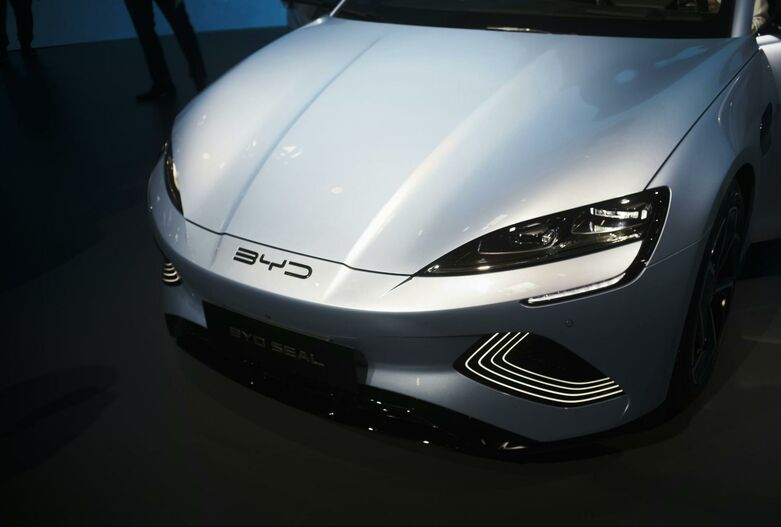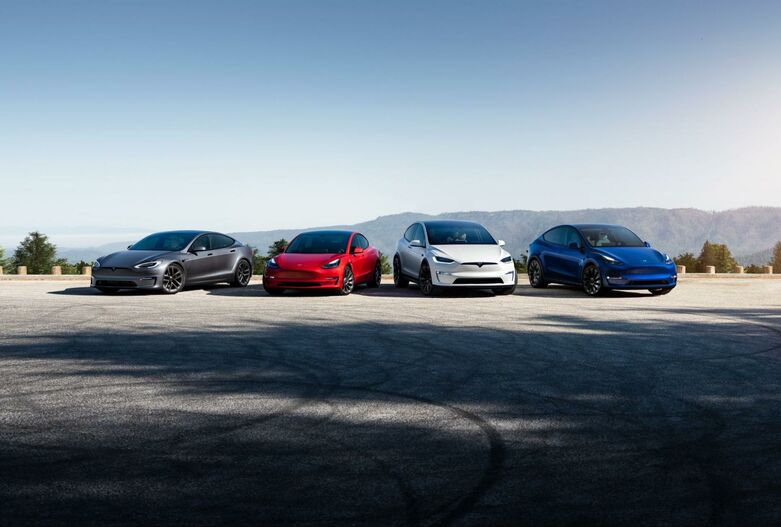How to Fund Your Company Cars
Many businesses use cars.
From the company director, through middle management, to the workers on the ground, practically every employee is likely to need access to this most convenient mode of transport in their everyday working life – and privately too.
So, let’s take a look at why many businesses are likely to rely on vehicles, the types of cars they are likely to use, how to fund their acquisition, and the tax implications for the business use of cars.
How companies use their cars
All kinds of vehicles are likely to be used by companies, depending on the nature of their business, of course.
Those involved in manufacturing, construction or logistics are likely to maintain a mixed fleet of commercial and heavy goods vehicles.
When it comes to cars, there are likely to be two principal categories of use – which we might call workhorses and flagships:
Workhorses
just as the name suggests, this is the fleet of small to medium-sized cars which might form a pool of vehicles for general use by the workforce as a whole;
they are generally available for staff to use in getting from one site to another, for work in the field of operations, to attend meetings, visit clients and to make small deliveries;
they might also be made available for selected members of the workforce for their own private use;
Flagships
some cars, however, are prized as flagships of the company;
these tend to be prestige, luxury or higher-end vehicles that represent the financial status and standing of the business, presenting a visual message of success and an ambition to stand out in the marketplace;
these are the cars used by the company directors, CEOs and higher echelons of management – who are also likely to use them for their own private use too.
The cars
Reliable, readily serviced and affordable cars are likely to be chosen as the workhorses of the business, with a wide range of choices from mass-produced makes and models – especially those offering attractive deals to fleet purchases.
When it comes to the flagship cars for the directors and top executives of the business greater care and attention is likely to be paid to the choice of prestige car that best reflects the image, status and standing the business is looking to project.
To whet your appetite for some of the prestige cars that might fit the bill, Auto Express suggested six of the best company cars for 2019:
Jaguar I-Pace
there’s little more iconic than a Jaguar for the head of the company to drive – and the I-Pace establishes your forward-thinking, environmentally-friendly credentials too, with its twin all-electric motors;
it’s a fast and luxurious car that still manages a fully charged range of 292 miles;
BMW 5 Series
the class-leading 5 Series is a lot roomier than the ubiquitous 3 Series, of course, so provides that extra level of style and comfort that befits your top executives;
precision engineering manages CO2 emissions in a way that reduces the cost of car tax, so helping to control the cost of running such a prestige vehicle;
Lexus LC
this distinctively styled Lexus walked away with the Auto Express award for the best coupe of 2018;
it exudes more than a sense of style and panache, while also scoring highly in the sustainability stakes with its 3.5 litre/354 bhp hybrid engine;
Mercedes S Class
Mercedes is another name inextricably linked with top executives looking to portray a certain sense of luxury, style and performance;
the S Class comes top of the class in this regard, providing exceptionally roomy comfort and finesse;
Volvo XC60
another plug-in hybrid which combines classic SUV styling with practicality, Volvo’s XC60 is a beast of a company car;
four-wheel drive may come in useful for those business leaders who also put in off-road onsite appearances while the powertrain also whisks your directors silently through town;
Porsche 718 Cayman
do you want a company brand that speaks to the young and young at heart? Porsche is that brand and the 718 Cayman the model;
the sporty two-seater is most definitely for the executive who wants to be seen driving himself to and from business meetings.
Funding your business cars
All of the executive-class cars we’ve mentioned cost more than £40,000 each – so, you’re likely to give more than a second thought to the method of financing any acquisition.
As specialists in the provision of car finance, here at Forza Finance, we offer a wide range of choices from car loans, to Personal Contract Purchase, Lease Purchase, Hire Purchase, Finance Leases, Re-financing options, and straight forward contract hire – whether you are looking to finance the purchase of your directors’ prestige vehicles or the workhorses used by the whole of your team.
You might want to take into account the typically high resale value of executive cars in particular and may be surprised how widely they appear in various markets throughout the UK.
It is a subject on which the website inews has published some interesting research, showing, for example, that the town of Harrogate in Yorkshire is home to the highest number of used car sales valued at more than £70,000. Canterbury in Kent also features in the list of hotspots for used prestige car sales, with an average price paid for such a vehicle currently standing at £80,000.
So, if you are looking for a car loan to invest in a used luxury or prestige car, you might want some help in tracking down the particular vehicle that fits the bill. And that’s just where our specialist Asset Sourcing Team may help to locate just the car you want.
The tax implications
The tax regime that applies to company cars – as opposed to those you buy as a private individual – are notoriously complicated and made the more so because the rules and rates are constantly changing.
If you use have use of a company car for your own private use, that is considered by HM Revenue & Customs (HMRC) as a Benefit in Kind (BiK) – a tax which is calculated with reference to the vehicle’s P11D, which is, in turn determined by its CO2 emissions.
P11D values are in themselves difficult to calculate but must be reported annually to the taxman. HMRC provides a company car and car fuel benefit calculator which you might use to assess the car’s P11D.
BiK rates have increased in the current 2019/2020 tax year which has seen an across the board increase of 3% – although the maximum ceiling of 37% on the highest CO2 emitting vehicles has been retained. The sliding scale which rises from 0-50 up to more than 185 g/km of CO2 is published on the website Mile IQ.
Of course, if you are buying your car as a private individual, company car tax rates do not apply although you will, of course, need to pay VAT on the purchase. VAT is also payable on any company-owned vehicles that are also driven for private use – with the exception of the company’s pool cars used during the working day and kept on the business premises overnight, even if they are used for private journeys during the day, explain the Friendly Accountants.
Whether you are buying a car which is also used for business yourself or whether it is a company purchase, Forza Finance remains ready and able to arrange the car loans or other finance you may need.
Header image credit: https://unsplash.com/photos/grayscale-photo-of-car-on-road-JIcR3-O8ko8



